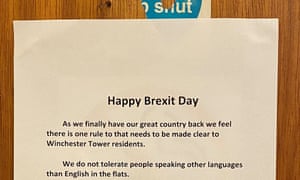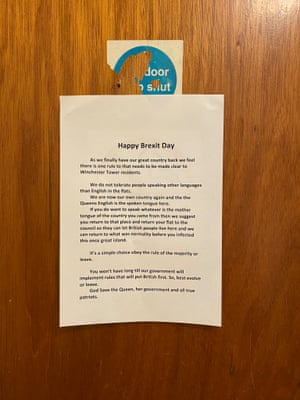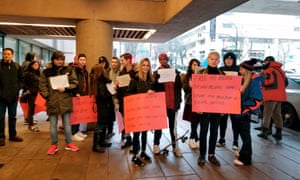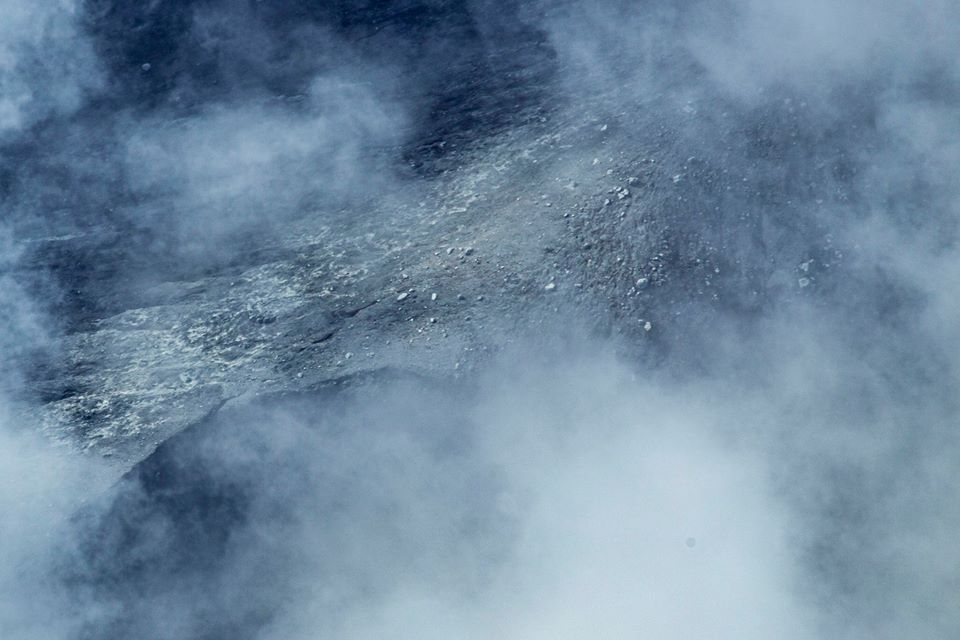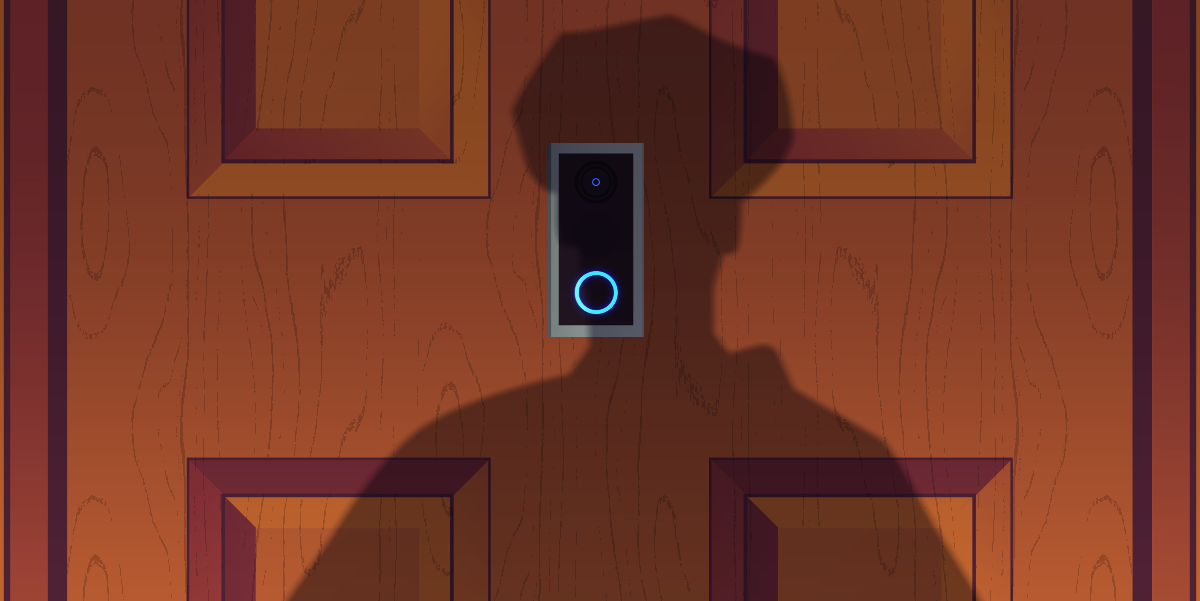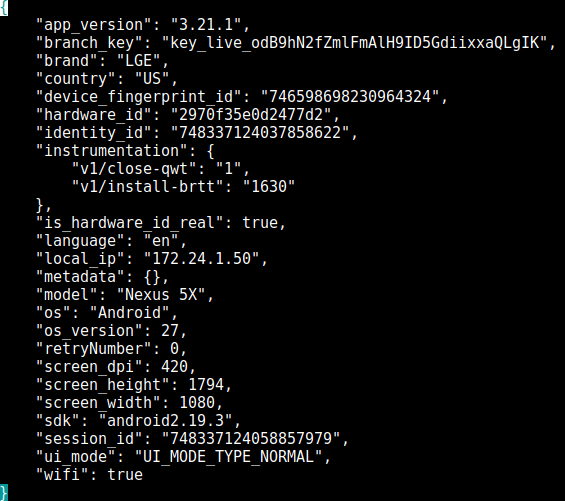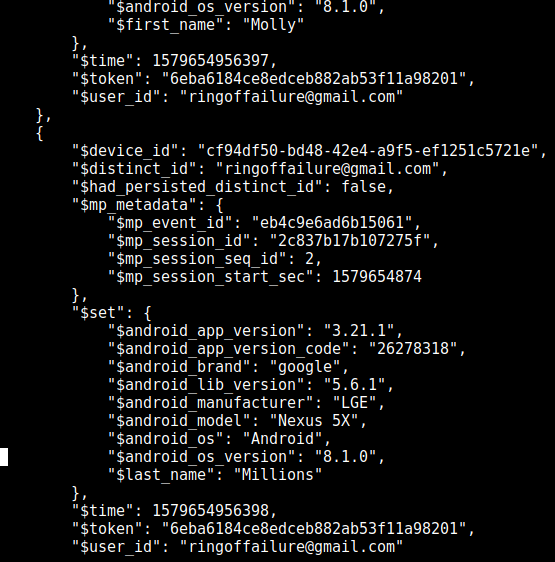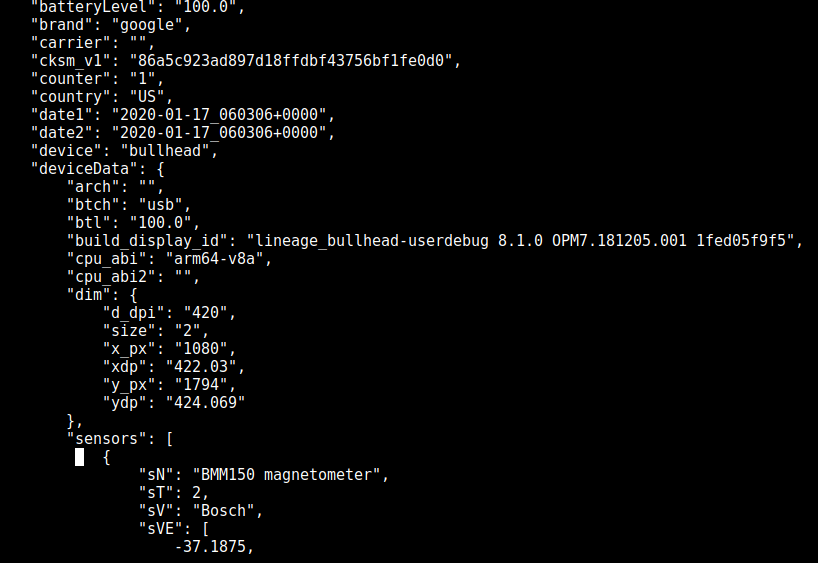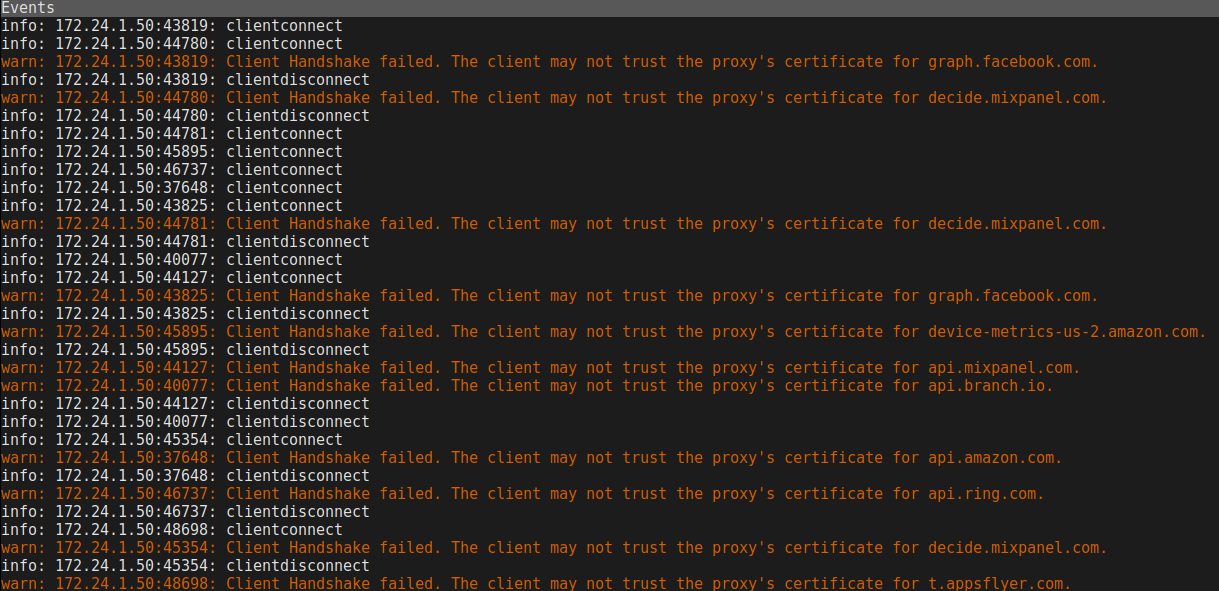This is viewer supported news. Please do your part today.
DONATE
GUESTS
Edward Said professor of modern Arab studies at Columbia University. He’s the author of several books, including his latest, The Hundred Years’ War on Palestine.
Israeli Prime Minister Benjamin Netanyahu has announced plans to annex about 30% of the occupied West Bank, after Israel was given the green light to do so by the United States. On Tuesday, President Trump — with Netanyahu by his side — unveiled a so-called Middle East peace plan that was drafted by Trump’s son-in-law Jared Kushner without any input from Palestinians. Under the plan, Israel will gain sovereignty over large areas of the occupied West Bank, Jerusalem would be under total Israeli control, and all Jewish settlers in the occupied territory will be allowed to remain in their homes. The plan also calls for a four-year settlement freeze and the possible creation of a truncated Palestinian state, but only if a number of conditions are met. Palestinians responded to the U.S. plan with protests in the West Bank and Gaza. Palestinian President Mahmoud Abbas rejected the deal. Only hours before the plan was announced, Netanyahu was indicted for corruption, marking the first time in Israel’s history that a sitting prime minister will face criminal charges. We speak with Mehdi Hasan, senior columnist at The Intercept, and Rashid Khalidi, the Edward Said professor of modern Arab studies at Columbia University. Khalidi’s latest book is titled “The Hundred Years’ War on Palestine.”
Transcript
This is a rush transcript. Copy may not be in its final form.
AMY GOODMAN: Israeli Prime Minister Benjamin Netanyahu has announced plans to move ahead with annexing about 30% of the occupied West Bank, after Israel was given the green light to do so by the United States. On Tuesday, President Trump stood by Netanyahu to unveil the Middle East “peace” plan that was drafted by Trump’s son-in-law Jared Kushner without any input from Palestinian leaders. The plan was introduced just hours after Netanyahu was indicted for corruption and in the middle of Trump’s impeachment trial in the Senate.
Under the plan, Israel will gain sovereignty over large areas of the occupied West Bank, Jerusalem would be under total Israeli control, and all Jewish settlers in the occupied territory would be allowed to remain in their homes. The plan also calls for a four-year settlement freeze and the possible creation of a truncated Palestinian state, but only if a number of conditions are met.
This is President Trump.
PRESIDENT DONALD TRUMP: My vision presents a win-win opportunity for both sides, a realistic two-state solution that resolves the risk of Palestinian statehood to Israel’s security. Today, Israel has taken a giant step toward peace. Yesterday, Prime Minister Netanyahu informed me that he is willing to endorse the vision as the basis for direct negotiations — and, I will say, the general also endorsed, and very strongly — with the Palestinians. A historic breakthrough.
AMY GOODMAN: Israeli Prime Minister Benjamin Netanyahu praised the U.S. deal.
PRIME MINISTER BENJAMIN NETANYAHU: For too long, far too long, the very heart of the land of Israel, where our patriarchs prayed, our prophets preached and our kings ruled, has been outrageously branded as illegally occupied territory. Well, today, Mr. President, you are puncturing this big lie. You are recognizing Israel’s sovereignty over all the Jewish communities in Judea and Samaria, large and small alike.
AMY GOODMAN: Palestinians responded to the U.S. plan with protests in the West Bank and Gaza. Palestinian President Mahmoud Abbas rejected the deal.
PRESIDENT MAHMOUD ABBAS: [translated] I say to the partners Trump and Netanyahu: Jerusalem is not for sale. All our rights are not for sale and are not for bargain. And your deal, the conspiracy, will not pass.
AMY GOODMAN: For more, we’re joined in New York by Rashid Khalidi, the Edward Said professor of modern Arab studies at Columbia University, the author of several books. His latest is just out. It’s called The Hundred Years’ War on Palestine.
Welcome to Democracy Now!, Professor Khalidi. Can you start off by responding to this plan? The scene yesterday at the White House: President Trump, in the midst of the Senate impeachment trial nearby in the Capitol, standing next to the prime minister, Benjamin Netanyahu, who had just been indicted yesterday for corruption.
RASHID KHALIDI: Right. Well, what these two miscreants have done, one of them impeached and the other indicted, is to roll out an Israeli peace plan, a peace plan that was dictated to young Jared Kushner by his Israeli mentors, and who have fulfilled the wish list of the extreme Israeli right ever since they conquered the West Bank in 1967 — and I would even say going back even further. This is meant to end the Palestine question. This is meant to expand “Greater Israel” from the river to the sea. There’s no state in this for the Palestinians. Sovereignty will reside solely in Israel. Control will reside solely in Israel. And in fact what it means is not just annexation and so on and so forth; it means that the United States and Israel are going to dictate the terms, or try to dictate the terms, of a settlement.
We will never see this thing come to pass. It is so unrealistic. It is so at odds with not only international law, but everything everybody has put forth, except the extreme Israeli right and their friends in Washington, since the beginning of this conflict. It is, in my view, yet another declaration of war on the Palestinians, in this 100 years’ war that’s been going on since the beginning of the 20th century.
AMY GOODMAN: So, Palestinian President Mahmoud Abbas called Trump’s plan a “conspiracy.” And the prime minister, Mohammad Shtayyeh, said, in advance of its release, it’s “nothing but a plan to liquidate the Palestinian issue.” If you can say more how this plan came into being? I want to turn, though, first, to the voices of some Palestinians who took to the streets on Tuesday to protest the U.S. deal.
FARID ALBERIM: [translated] Regarding the plan of the century, we say to Trump and the American administration that our people are united behind our Palestinian leadership, represented by President Abbas. We reject this plan, the plan of shame that has nothing to offer Palestinians.
MOHAMMED ALBAKRI: [translated] I think that this speech came to support Benjamin Netanyahu, to help him to pass his internal crisis. It is also part of the election campaign for Donald Trump in the coming election. It is nothing more than an election campaign for both.
JIHAD ALQAWASMEH: [translated] This plan is a gift from a big thief to a small thief.
AMY GOODMAN: Professor Khalidi, those are voices of Palestinians, from Gaza to Hebron. So, what exactly does it mean when the U.S. stands with Israel at the White House and puts this forward, developed by the young developer Jared Kushner?
RASHID KHALIDI: Yeah. Well, I don’t think Jared Kushner has an idea in his head about anything to do with Palestine or Israel. He knows what he’s told. And this is dictated to him by his Israeli mentors, and it is meant to be an Israeli diktat to the Palestinians, telling them, “You will not have Jerusalem. You will not have sovereignty. You will not have any of your national rights. And you will get what we choose to give you, when we choose to give it to you.”
And the United States has now endorsed that position. In so doing, the United States actually separates itself from every country in the world, except a few client states in the Arab Gulf. It puts itself in a position completely at odds not only with past American positions, but every aspect of international law. We heard Netanyahu call — the description of the Occupied Territories as “illegally occupied,” we heard him call that a lie. The liar here is Netanyahu. International law is not determined by an indicted — an impeached president and an indicted Israeli prime minister. It’s determined by others. And others have long since determined that those territories are illegally occupied, that what Israel does in Jerusalem — everything it does in Jerusalem — is illegal.
And so, this is a — I wouldn’t call it a conspiracy. This is something cooked up by two political leaders trying to escape the plight that they’re both in, in order to increase their chances at the next election. There’s one in Israel in a little more than a month and a bit, and there’s one in our country in November. And both of them think that this will help them in that regard.
It won’t see the light of day. But the things that it includes, such as annexation and so forth, will go ahead — and they were going to go ahead in any case. So, I don’t think this is a momentous plan, in any way, shape or form. It simply represents, as I said, the wish list of the extreme Israeli right, which has now been endorsed by the American president. It has actually no valence beyond that.
AMY GOODMAN: This is President Trump’s son-in-law Jared Kushner speaking on CNN.
JARED KUSHNER: I come from a real estate background. It was very, very difficult to draw these lines and to get a map where you could have contiguity to a Palestinian state. And again, this isn’t because of something that we — that we developed. This is something that we inherited, the situation where Israel continues to grow and grow. And what the president secured today was Israel agreeing to stop, for four years, more settlements, to give the Palestinians their last chance to finally have a state.
AMY GOODMAN: Professor Khalidi, your response? And then, put it in the context of history.
RASHID KHALIDI: Right. I mean, one actually has to look at this ludicrous plan, the 181 pages, and look at the map and see that either Jared Kushner is blind or he’s a liar. There is no contiguity for the Palestinian — so-called Palestinian state. There are five or six chunks, separated by swaths of Israeli territory, which is part of a plan that goes back to almost the beginning of the occupation: to chop up the West Bank so there can be no Palestinian state, so there can be no contiguity. If he can’t see that, or is lying to the people on CNN, that’s his problem. We should not be taken in. I suggest everybody have a quick look at that plan, because what is clear is that this is something that — I mean, you can talk about it in terms of Bantustans, you can talk about it in terms of any other kind of humiliating imposition on the rights of the indigenous population by a settler colonial regime, which is what we are seeing here. And Mr. Kushner is aiding and abetting this in his ignorance and in his passion for the extreme Israeli right’s positions.
AMY GOODMAN: So, your book, which talks about the hundred years’ war on Palestine, this is yet just another moment in history.
RASHID KHALIDI: Right.
AMY GOODMAN: Put this into context of that century.
RASHID KHALIDI: Well, and one of the things that I point out is that this is not a war waged just by Israel or by the Zionist movement on the Palestinians. This is a war that was aided, abetted, endorsed and made possible at every stage by the greatest power of the age, whether that was Great Britain at one stage or the United States and the Soviet Union in 1947 or, today, President Trump. Israel could not do this without external support. The Zionist movement could not have established itself as it did without Great Britain.
And so, as you suggest, this is yet another stage in a very long process whereby not just Israel and the Zionist movement, but a whole range of collaborators or people in collusion with Israel have enabled Israel to do what it has managed to do. And it is a war on Palestine. This is not a struggle between two equals. This is not simply a struggle between two national movements. There are two peoples involved, but one of them has enormous support from the outside, and the other, the Palestinians, are an indigenous people faced with this Moloch-like colonial settler movement, which is grinding up their country, taking as much of it as it can, and only able to do this because of support from great powers like the United States under President Trump.
AMY GOODMAN: I want to break, and we’re going to continue with professor Rashid Khalidi, the Edward Said professor of modern Arab studies at Columbia University. His new book is just out, The Hundred Years’ War on Palestine. And Mehdi Hasan will also join us, of Al Jazeera and The Intercept. We’ll continue to talk about the — what President Trump calls the Middle East “peace” plan, but Palestinians call everything from a conspiracy to simply reject this plan about what will happen in the Middle East. Then we’ll talk about the impeachment trial, with Mehdi Hasan, that’s going on now in the Senate. And finally, what’s happening in South Dakota targeting trans youth? Stay with us.
Mehdi Hasan: Trump’s Middle East Plan Is a Policy of Apartheid & Settler Colonialism
STORYJANUARY 29, 2020
GUESTS
senior columnist at The Intercept and host of their Deconstructed podcast. He’s also host of UpFront on Al Jazeera English.
